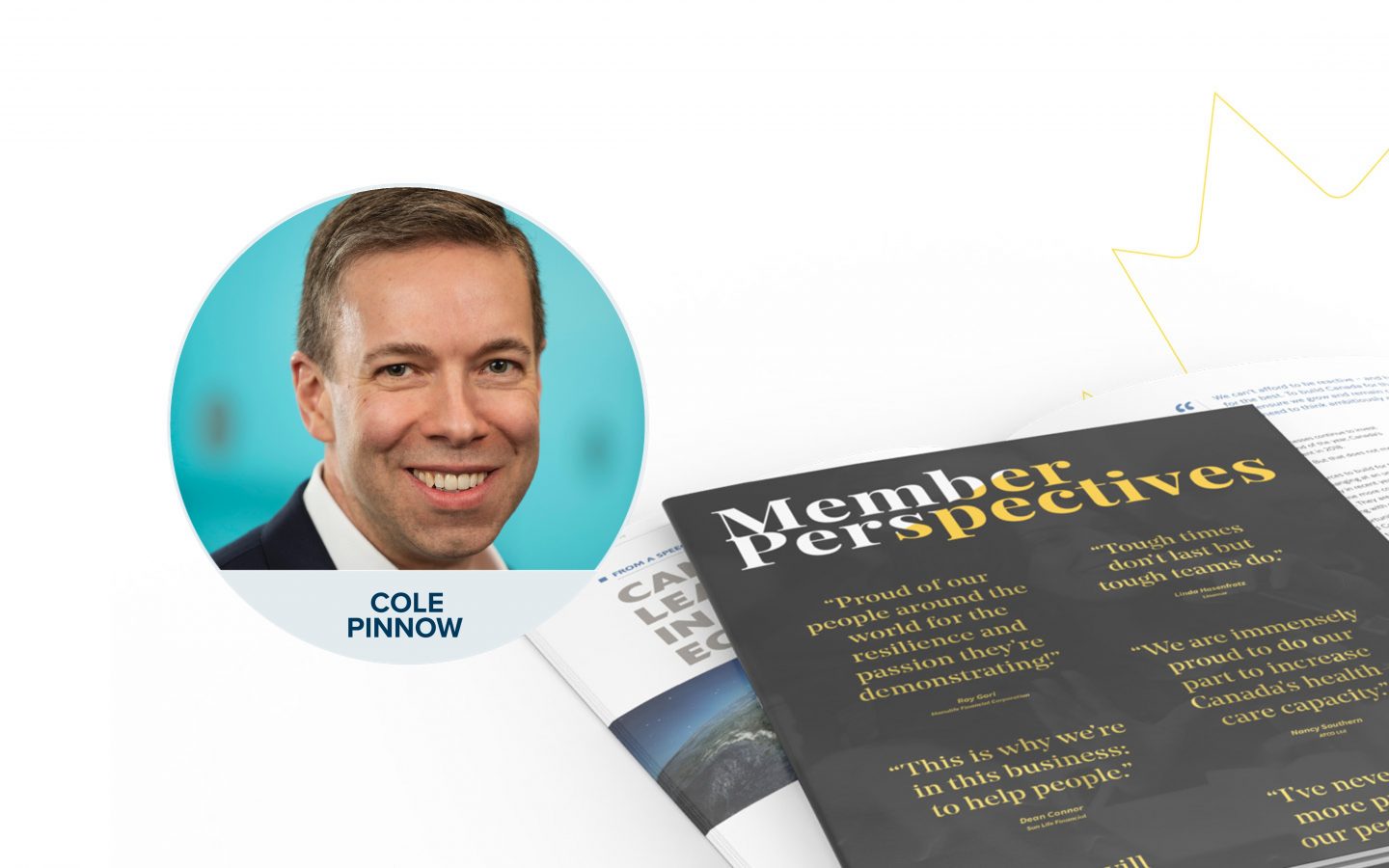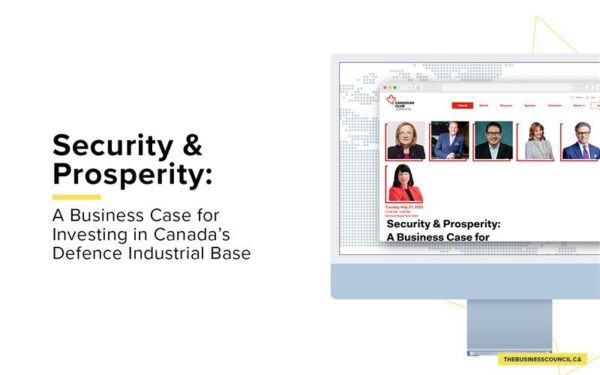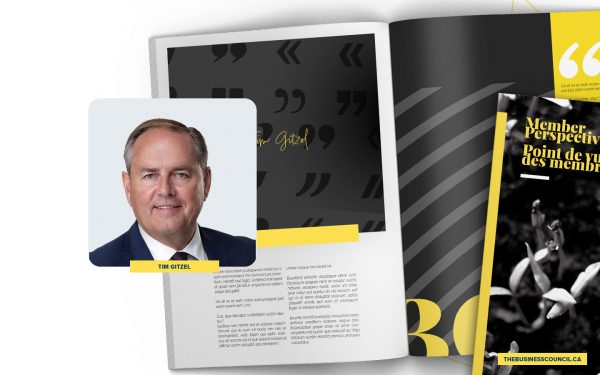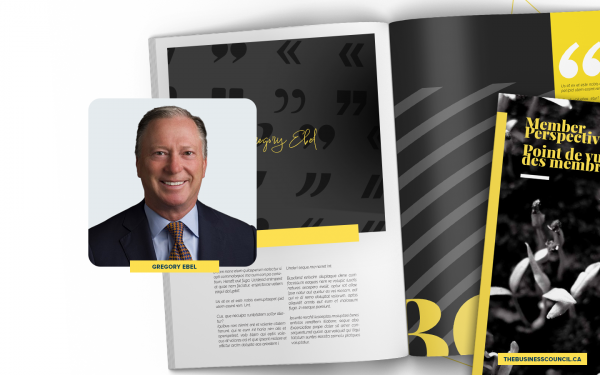Creating diverse workforces that reflect our communties
As Celebrating Diversity Month draws to a close, I’d like to provide an overview of the efforts that Pfizer Canada is taking to make our organization a leader in the area of diversity, equity and inclusion. We believe this work to be extremely important. Not only is it paramount to creating and sustaining a productive and positive workplace, but it is also imperative to get the best business results. Leaders who make critical decisions for an organization have the responsibility to seek, appreciate and celebrate diverse perspectives to have an expanded point of view. It starts with ensuring we are meeting the needs of Canadians through a make up of colleagues that reflects the patients and customers we are trying to serve. From the Board table to the frontline, the varying perspectives of our teams result in products and services that better meet the needs of our customers. The research in this space is undeniable. Companies that commit to diverse leadership are more successful, more innovative and more agile in an ever-changing world.
“If your workforce doesn’t reflect the community it serves, your business may be missing out on the chance to find great employees and break into new and growing markets, both locally and globally. Diversity simply makes good business sense.” – Business Development Bank of Canada
Building a Plan
We recognize there is considerable work ahead of us to become leaders in this space. If we want to truly unleash the power of our people, the value of diversity can only be realized when it is coupled with a sense of belonging. Although Pfizer Canada has historically participated in numerous DE&I related initiatives, we took a meaningful step forward by launching our Diversity, Equity and Inclusion Community of Practice in 2019. It laid the foundation for accountability to foster a culture committed to embracing individuality and a true sense of belonging, anchored to our vision statement of ‘’Be yourself to realize our full potential.”
The team’s first step was to evaluate the situation and then set visible goals for where we want to go. Internal metrics highlighted gaps for certain segments within Pfizer Canada, resulting in our commitment to increase representation of women in leadership roles (50% from 30%) and underrepresented populations (30% from 15%) in multiple functions and levels by 2023. However, to effect meaningful and measurable change, it is critical to focus organizational efforts beyond numbers and towards a wholistic and multifaceted solution. The first major decision we made was to give our employees a voice. In an effort to demonstrate our commitment to DE&I, we launched a DE&I focused colleague survey last year. Giving everyone a chance to be heard was paramount to our decision since our efforts must address actual needs of our colleagues versus our own perceptions or assumptions. This organizational introspection allowed us to refine our strategic drivers to help guide our DE&I efforts. We also benchmarked this feedback from our colleagues with data from other Canadian companies. The net result was the creation of a tactical roadmap that would drive our areas of near- and long-term focus to in three key areas: 1) Build a culture of belonging by creating an environment that values our differences and unique perspectives; 2) Attract, develop and retain a talented and diverse workforce across all levels of the organization; and 3) Propel DE&I through external partnerships with patients and communities, across our industry and beyond, to support our DE&I goals and elevate our impact on society. By successfully executing on this plan we believe we will create a more inclusive Pfizer organization in Canada where everyone feels heard and cared for.
Taking Action
When done right, our work to improve diversity, equity and inclusion are not only programs; they represent a fundamental shift in how we operate. In focusing on our culture, we began with two important DE&I-related programs aimed at unconscious bias and conducting courageous conversations in 2020. The first initiative included the roll-out of our “Unconscious Bias in Recruitment” training capsule, providing people managers across the organization an opportunity to address bias in recruitment and hiring practices. We also launched our Courageous Conversation initiative, encouraging colleagues to facilitate and engage in discussions on topics like racism and confronting biases, to help raise awareness and empathy in support of the challenges we face individually, as teams, as an organization and a society.
Aligned with our DE&I priorities, we modified our student intern and marketing rotation programs to identify candidates who could help improve underrepresentation in certain demographics and bring an enhanced set of experiences to the organization. More specifically, we revamped our Summer Student Program to comprise a more diverse group and target 50% of student hires to come from underrepresented backgrounds.
Pfizer continues to look outward, actively seeking opportunities for engagement and partnerships with the external environment. We have been active in Plan International Canada’s ‘’Girls Belong Here’’ seat share program to advance gender equality by giving young women in Canada the chance to step into a leadership position for a day or a week. The broader organization recently engaged in discussions with the Canadian Race Relations Foundation (CRRF) to help us reflect on what it means to be a racialized person in Canada, how racial disparities and systemic discrimination impact lives every day, that words matter, and the actions we take as an organization and as a nation, can work towards making a change for the better. We’re also working with our industry peers as Innovative Medicine Canada kicks off their own DE&I initiative to share best practices and have a bigger impact on the country.
A Continuous Process in All Aspects of Life
Everyone grapples with unconscious bias and working to address these biases can be hard work. It is imperative that we leave our comfort zones behind to confront the issue. We can help each other become more aware of our biases and recognize when they are present in our dialogue or actions, since both words and actions matter. We must also be aware of our inherent privilege, recognize that behind privilege hides an imbalance of power, and educate ourselves about the impact of our privilege for those around us. For me, as a white, cisgender man, and as the president of Pfizer Canada, I’ve publicly spoken about the benefits that my privileged background has contributed in helping me get to this position. It started when I was young, growing up in the suburbs of Chicago. There were (and still are) inherent disparities in the funding of local public schools which reinforces segregation and creates a challenge for those from disadvantaged backgrounds to receive a high quality education. I benefited from college-educated parents who continually provided guidance and support while others have had less resources available to deal with post-graduation uncertainty. Also, unlike so many female and racialized colleagues, I never had to overcome discrimination or biases as I advanced throughout my professional career.
It’s important to note that recognizing the benefit of privilege does not mean we didn’t work hard or that we have not experienced any difficulties in life. Rather, understanding our own privilege helps us give a voice to those with less opportunity so that we can work to ensure that systemic inequity is eliminated from the system.
Ultimately, all colleagues will need to be held accountable for making a mental shift towards inclusion and creating an environment where everyone feels safe and a sense of belonging. However, for this change to create a profound and sustainable impact on society, the mental shift must occur beyond the boundaries of our organizations. We need to bring this dialogue into our homes, with family and friends.
Recognizing the exponential growth of global interconnectivity, I am cognizant of the importance of teaching my children how to appreciate differences, recognize the value in having diverse perspectives and supporting equity initiatives. Simply put – it’s the right thing do.









